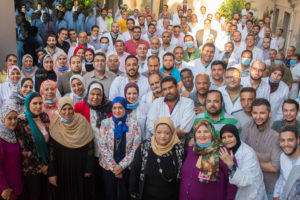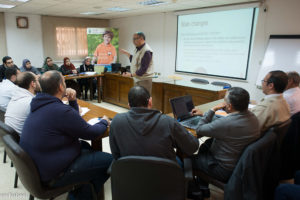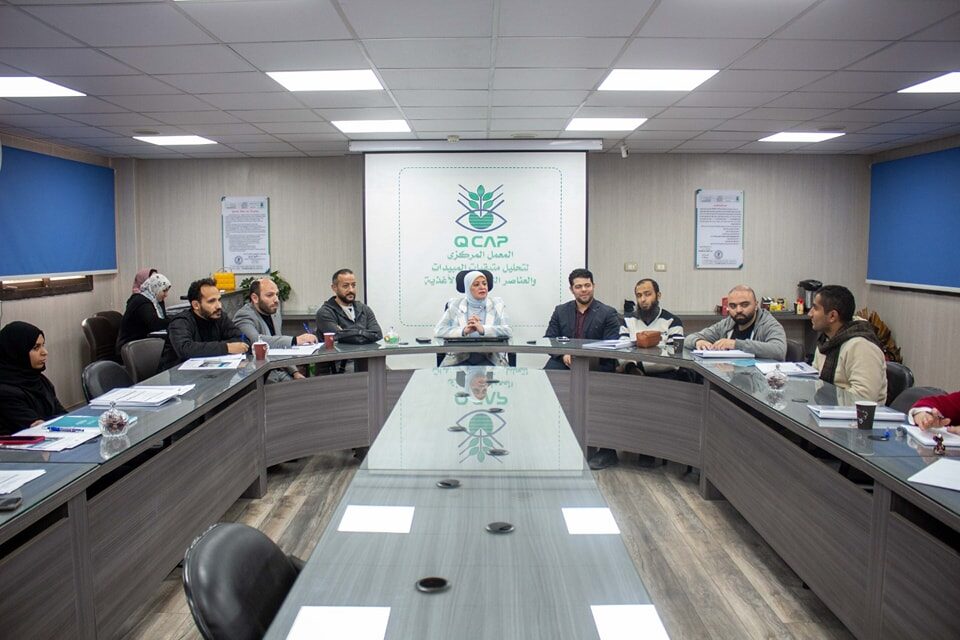Within the framework of transferring and exchanging experiences with the private sector, universities and research bodies in the field of food contaminant testing and within the framework of the plan of the laboratory’s training center, Prof. Dr. Hind Abdullah, Director of the laboratory, on Sunday, February 18, 2024, at the laboratory’s headquarters, opened the specialized training program (methods and techniques for microbial examination and estimation in food and environmental samples), which is scheduled to continue for 5 consecutive days, with a total of 25 hours of practical and theoretical training. The program includes several topics. Important ones include an introduction to food pathogens, techniques and methods for detecting microbial pathogens, standard methods for sample preparation with the aim of estimating microbial pathogens in food and environmental samples, methods of sterilization and preparation of feeding media, total bacterial counting methods, microbiological methods for examining Salmonella, microbiological methods for examining Listeria. , microbiological methods for examining Clostridium bacteria, microbiological methods for examining enterococci, microbiological methods for examining Staphylococcus aureus, microbiological methods for examining Shigella, microbiological methods for examining coliforms, microbiological methods for examining intestinal bacteria, microbiological methods for examining Escherichia coli, methods for examining yeasts, microbial examination and PCR definition Sero-typing techniques for bacterial strains, and finally organizing and managing quality control according to ISO 17025, internal quality control (IQC) procedures for microbial analysis procedures and methods.
Abdullah, director of the laboratory, gave a presentation on the most important services provided by the laboratory in cooperation with regulatory authorities in the field of food safety.
An inspection tour was also conducted for the trainees within the various laboratory departments to learn about the laboratory’s role in the export control system for agricultural and food imports and the various services and various tests it provides in the field of food safety and to learn about the latest equipment used.
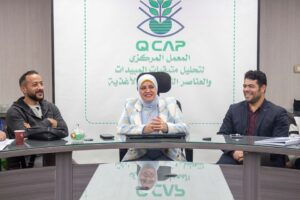
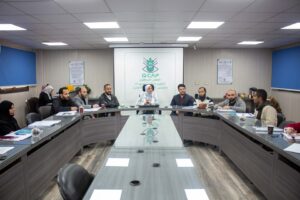
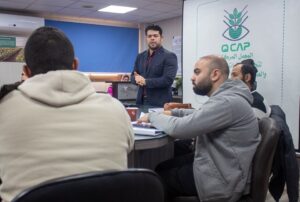
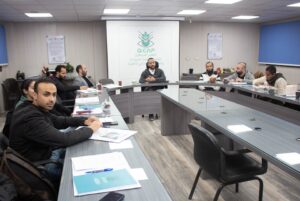
Related items
(Q-CAP) organizes a training course for the winners of the Ramadan Laboratory Competition for the third year in a row
The Central Laboratory for Pesticide Residues and Heavy Elements Analysis in Food organize
COMESA visit
The Central Pesticide Residues Train continues its journey and stops at one of its regiona
(Q-CAP) organize a workshop on the impact of chemical pollutants on food manufacturing
In the framework of the directives of His Excellency the Minister of Agriculture and Land

